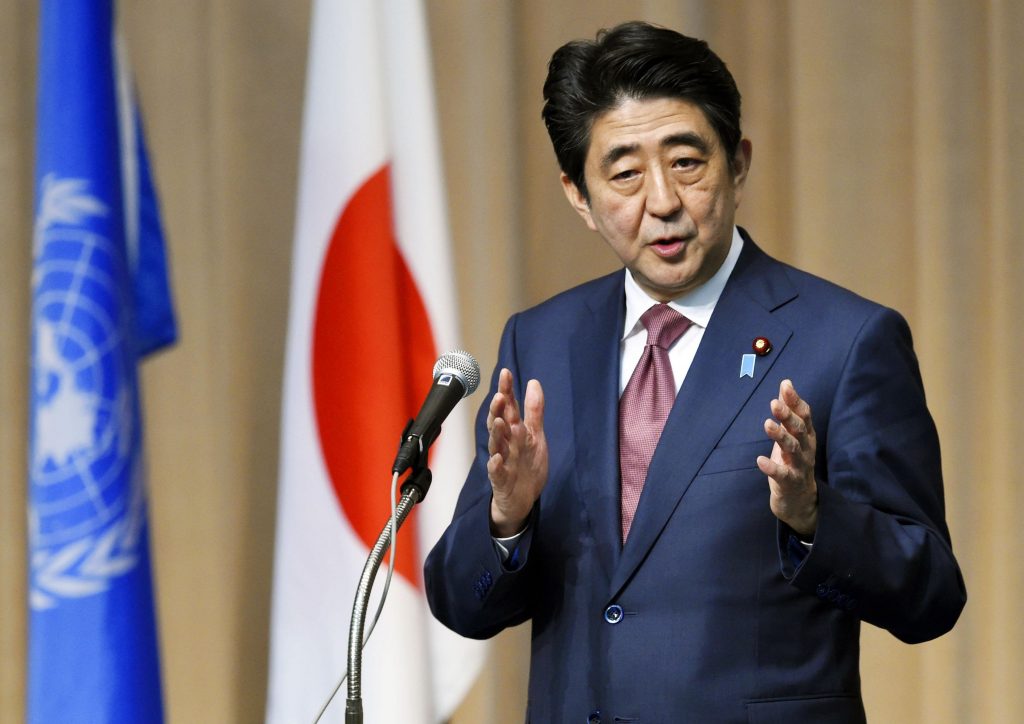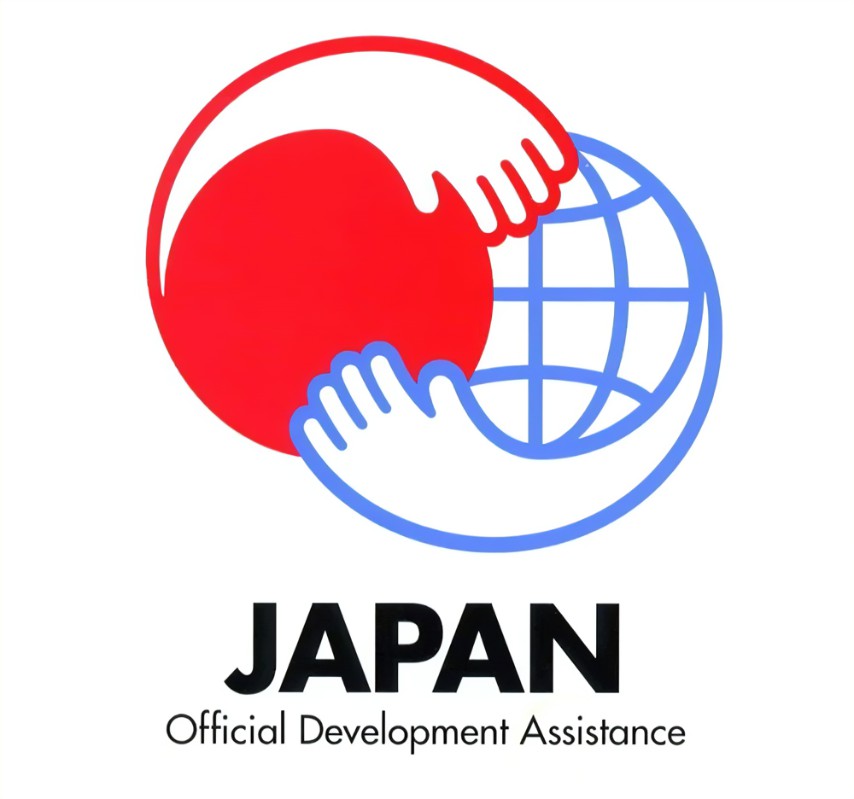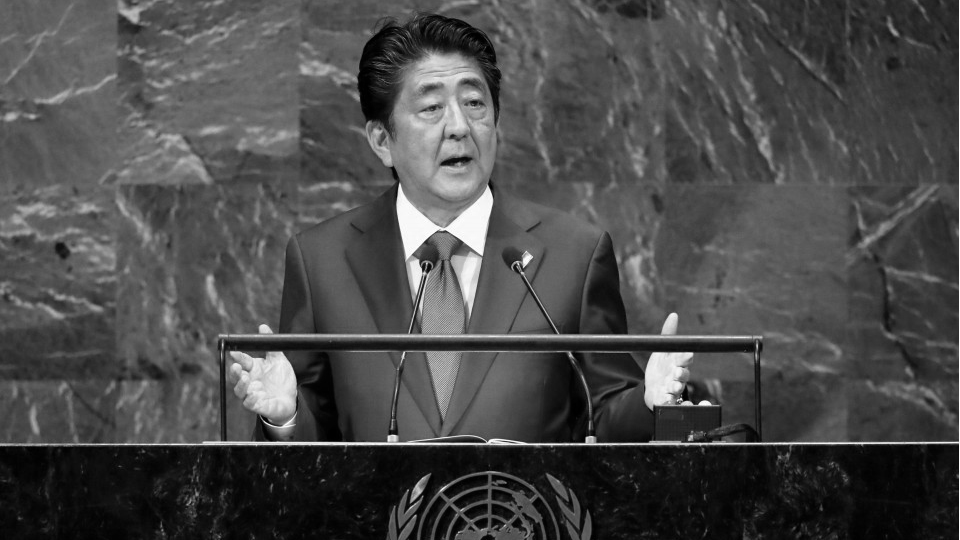Author: Zeng Lu
Total words2913About5minutes
On July 8, former Japanese Prime Minister Shinzo Abe was assassinated. As Japan's longest-serving prime minister, Abe is one of Japan's most influential politicians and has had a profound impact on Japan's foreign and development cooperation policies.
Japan is a major global official development assistance provider. In 2021, Japan's official development assistance (ODA) will total US$17.6 billion, accounting for 0.34% of gross national income (GNI). The scale and proportion of Japan's official development assistance ranks third and twelfth among OECD DAC countries. Japan's development cooperation takes into account the dual goals of reducing poverty and national interests and focuses on bilateral aid. In 2020, Japan's bilateral aid accounted for 83.2% of total ODA, and another 16.8% was core contributions to multilateral organizations. Japan's bilateral aid flows mainly to Asia and Africa, focusing on economic infrastructure, social infrastructure, gender equality, and the environment.

Shinzo Abe is Japan's longest-serving prime minister and one of the prime ministers with the greatest influence on Japan's foreign policy. During Abe’s term of office, he proposed strategic diplomacy and security guarantees represented by “world-map panoramic diplomacy” and “active promotion of peace”, and advocated that Japan should play a greater role in the international arena, bringing important and lasting changes to Japan’s foreign policy. Development cooperation is an important part of Abe's foreign policy. Fumio Kishida, a former foreign minister in Abe's cabinet, has called aid the most important diplomatic tool. During Abe's administration, the scale of Japan's development cooperation has increased by more than 60%, and it has received wide support from the Japanese public. According to a 2019 public opinion survey, 33% and 49.5% of respondents believe that Japan should be more active in promoting development cooperation and that Japan's current level of development cooperation is appropriate.
Amendments to the Development Cooperation Charter
In 2015, the Abe government renamed the Official Development Assistance Charter to the Development Cooperation Charter and made major revisions. The 1992 and 2003 ODA Charters were largely driven by bureaucracy and the private sector, while Prime Minister Abe's office and the ruling Liberal Democratic Party played major roles in the 2015 revision of the Development Cooperation Charter. Compared with the previous version, the "Development Cooperation Charter" retains traditional Japanese aid values such as human rights, good governance and democracy, while making three major adjustments.
One is to revise the name of the charter and strengthen internal and external coordination and cooperation.The Charter replaces "official development assistance" with "development cooperation", emphasizing internally strengthening coordination and cooperation between government policy planning and implementation departments, externally strengthening cooperation with the private sector, local governments and non-governmental organizations, and strengthening cooperation with other donor countries Dialogue and cooperation with international agencies to enhance the effectiveness of development cooperation.
The second is to clarify that development assistance has the dual goals of reducing global poverty and serving national interests.The 2015 "Development Cooperation Charter" clearly stated: "Japan's official development assistance is committed to the stability and prosperity of the international community, and through this method to ensure Japan's national interests." The new charter introduces the concept of "quality growth", which aims to help developing countries achieve high-quality development that is both inclusive, sustainable and resilient, while utilizing Japan's experience in infrastructure, medical care and other fields , expertise and technology to expand the business interests of Japanese companies overseas.
The third is to include military aid in foreign aid for the first time, but it is limited to non-military actions such as public welfare or disaster relief.The move has drawn considerable attention in Japan, where some worry that Japan's official development assistance could end up being used to finance foreign military operations.
Actively participate in shaping the global health agenda
Global health is the area of development cooperation that Abe has worked hardest to promote during his tenure. Abe regards public health as one of Japan's most successful development experiences, and strongly advocates extending Japan's "Universal Health Coverage" (UHC) experience to developing countries. In December 2015, Abe wrote an article for the "Lancet" journal explaining the importance of global efforts to accelerate the realization of "universal health coverage". In August 2016, the Abe government once again put global health on the main agenda of the Tokyo International Conference on African Development (TICAD), discussing strengthening health security and "universal health coverage" in Africa and preparing for public health emergencies. During the meeting, Abe announced $30 billion in health aid to Africa. Since then, Abe has successfully included "universal health coverage" in regional governance agendas such as the Group of Seven and the Group of Twenty.
In order to promote the cooperation between the health and finance departments to achieve sustainable health financing required for "universal health coverage", at the end of 2017, Abe co-sponsored the "universal health coverage" forum with the World Health Organization, the World Bank and other international organizations. In 2019, Abe convened a joint meeting of G20 finance ministers and health ministers during the G20 Osaka Summit to promote coordination and cooperation between the finance and health sectors in relation to sustainable health financing.
Under Abe, Japan’s contribution to the Global Fund to Fight AIDS, Tuberculosis and Malaria nearly doubled, from $53.7 million in 2011-2015 to $94.7 million in 2016-2020. In addition, after the outbreak of the Ebola epidemic, the Abe government actively participated in promoting the strengthening of collaboration among the World Health Organization headquarters, regional offices, and country offices to promote a more effective response to global public health emergencies. Through long-term efforts, Abe has incorporated "global health coverage" as a priority of Japan's development cooperation into the summit meeting, regional governance agenda, and global health agenda, expanding the international influence of Japan's development cooperation issues.

Promote high-quality infrastructure
Promoting the development of high-quality infrastructure is Abe's main economic and diplomatic goal, and it is also an important part of the Abe government's development cooperation policy. Infrastructure projects provide abundant business and job opportunities for Japanese manufacturing companies and occupy a special place in Japan's foreign aid. In 2018, loans for infrastructure projects accounted for more than one-third of Japan's total official development assistance.
Abe sees infrastructure as crucial to reviving Japan's economy and prosperity. In 2015, Japan and the Asian Development Bank jointly launched the "Partnership for High Quality Infrastructure Initiative" (PQI) to promote its concept of high quality infrastructure in Asia. In May 2016, Abe reintroduced the "Expanded Partnership for High-Quality Infrastructure Initiative" (EPQI) at the G7 Ise-Shima Summit to promote high-quality infrastructure initiatives to the world.
In 2019, Abe successfully incorporated "high-quality infrastructure" into the Osaka G20 Declaration, emphasizing anti-corruption, openness and transparency, financial sustainability, and the solvency of recipient countries as the main principles of infrastructure assistance. In November 2019, the United States, Japan and Australia jointly launched the "Blue Dot Network" (BDN) infrastructure investment plan, intending to promote high-quality, sustainable and transparent infrastructure certification and rating. However, the Blue Dot Network faces formidable challenges securing funding for infrastructure projects, with the global economic slowdown triggered by the COVID-19 pandemic further limiting Japan's commitment to high-quality infrastructure initiatives.
In addition, some infrastructure assistance projects in Japan are also facing serious challenges such as slow progress and budget overruns. India's "Mumbai-Ahmedabad high-speed rail" with a total length of about 530 kilometers is one of Japan's largest infrastructure assistance projects. Japan promised to provide it with 12 billion US dollars of 50-year low-interest loans. Since the signing of the cooperation memorandum in 2015, due to the limited progress of land acquisition and the slow progress of the epidemic, the project is expected to be put into use in 2027.
The Abe government intends to counter China's increasingly important role and influence in Asian and global infrastructure financing by promoting and participating in high-quality infrastructure concepts and initiatives. In addition, the Abe government is supporting Japanese manufacturing companies to expand overseas business opportunities and achieve economic diplomacy goals by promoting infrastructure assistance. For developing countries facing a huge infrastructure funding gap, more countries providing infrastructure assistance may mean more choices.

Use multilateral mechanisms to expand international influence
Abe believes that development cooperation will help Japan exert greater influence in Asia and the world. Therefore, he actively promotes the inclusion of Japan's development cooperation priorities such as "universal health coverage" and "high-quality infrastructure" into the United Nations and the G20. and G7 and other global and regional governance mechanisms. In addition, the Abe administration "actively supports the provision of global public goods." Japan is a major global provider of development cooperation and a major funder of global climate mitigation and adaptation projects. In 2020, the scale of Japan's aid related to climate goals is as high as 78% of the total bilateral aid that can be allocated. Climate financing in Japan has grown significantly during Abe’s tenure. From 2011 to 2018, the total amount of climate financing in Japan increased by 175% on the basis of 3.5 billion U.S. dollars. In 2015, Japan's climate financing reached a high of 9.8 billion U.S. dollars. In addition, the Abe government is also actively providing financial and political support to multilateral institutions such as the United Nations on issues such as peacebuilding and refugees.
Abe rewrote Japan's development cooperation policy with his diplomatic vision, pushing Japan to have greater international influence in the field of development cooperation. Abe's changes to Japan's development cooperation will also affect Japan's relevant policies and practices for a long time in the post-Abe era.
All rights reserved, please indicate the source when citing.
references:
https://www.oecd-ilibrary.org/
https://www.oecd.org/corporate/oecd-and-the-blue-dot-network.htm
http://ijs.cssn.cn/xsyj/xslw/rbwj/201903/t20190328_4855355.shtml
https://www.jica.go.jp/jica-ri/publication/workingpaper/wp_184.html
https://www.tkfd.or.jp/en/research/detail.php?id=771
https://academic.oup.com/ssjj/advance-article/doi/10.1093/ssjj/jyac010/6623209
https://www.institutmontaigne.org/en/blog/japans-foreign-policy-abes-legacy
https://thediplomat.com/2022/02/japans-changing-oda-diplomacy/
http://www.nhsrcl.in/
https://www.devex.com/news/what-does-japan-s-new-charter-mean-for-development-85595


Comment (2)
Pete Fenney| August 19, 2023
I really enjoyed reading this post, thank you! Fantastic job!
Alyson Hazarika| September 16, 2023
I appreciate the valuable information you provide in your articles.